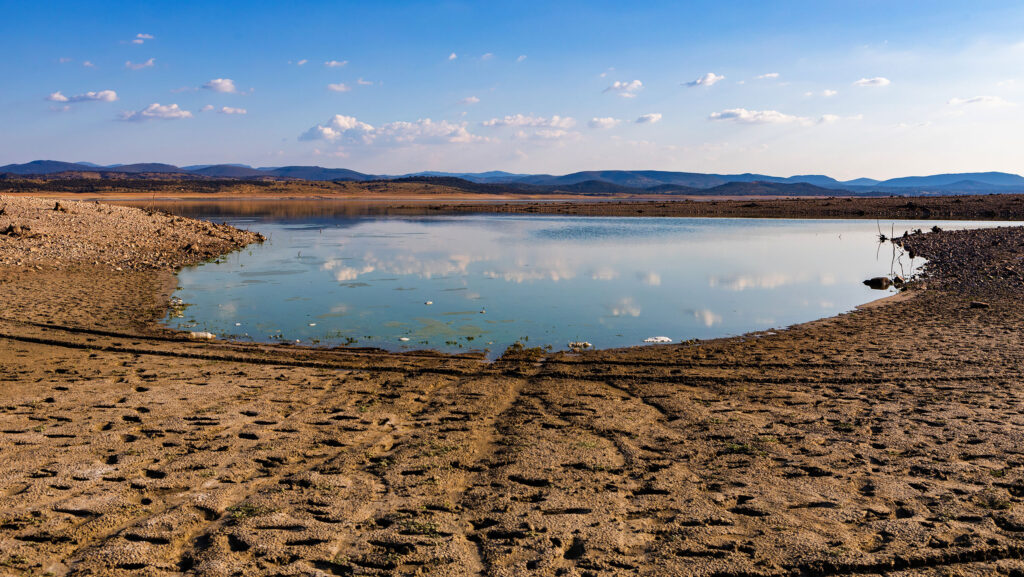New reservoir push brings hope for drought-hit farmers
 © Adobe Stock
© Adobe Stock For the first time in more than 30 years, the UK government has stepped in to fast-track the construction of new reservoirs – offering a lifeline to farmers grappling with increasingly extreme weather and the growing threat of drought.
Defra secretary Steve Reed has granted “nationally significant” status to two major reservoir projects in East Anglia and Lincolnshire, elevating them above local planning delays.
This move, part of the government’s broader Plan for Change, aims to secure national water resilience, support housebuilding, and future-proof supplies for up to 750,000 homes.
See also: How to build climate resilience into farm business plans
For farmers, this intervention could not come at a more critical time. Drought risk is on the rise, with the UK experiencing its driest start to spring in 69 years.
Many regions, especially the East of England, are already among the most water-stressed in Europe.
The lack of reliable water supply threatens crop yields, livestock welfare, and long-term farm viability.
Partnership approach
Arable farmer Andrew Blenkiron said the East Anglia reservoir project was a great example of everybody working together – water companies, local authorities, farmers and the government – towards a common good.
He said the NFU in East Anglia are members of Water Resources East, a joint initiative which has been working towards better water security.
The new reservoir is part of plans to ensure there is adequate water supply by 2050.
“It’s fantastic news,” said Mr Blenkiron, managing director of Elveden Farms, located on the Suffolk/Norfolk border, which is building its third water reservoir at a cost of £3m.
“The planning permission must be that farmers can have some of the water, or some of the water they displace which will come from the reservoir instead of the ground water, bore holes, and so on.”
The Fens Reservoir, jointly developed with Cambridge Water, aims to deliver 87m litres daily to the UK’s driest region.
Both are now entering public consultation and are expected to be completed by the late 2030s.
A second project, the Lincolnshire Reservoir, proposed by Anglian Water, would supply 166m litres of water a day – enough for 500,000 homes.
While welcomed, the announcement is also a stark reminder of decades of underinvestment.
No new reservoir has been built since Carsington Water opened in 1992. In that time, demand has surged, infrastructure has crumbled, and climate pressures have intensified.
More on-farm reservoirs needed
Mr Blenkiron said he hoped the government would also streamline the planning process within local authorities to make it easier and faster for farmers to build on-farm reservoirs.
“Reservoirs are essential,” he added. “Farmers can’t grow food without water, and too many are already seeing the effects of climate volatility year after year.
“We urgently need more water storage, but it’s equally important that people reduce their water use and that water companies tackle the leaks in their ageing infrastructure.”
Water minister Emma Hardy said the government is now “backing the builders, not the blockers”, and will legislate to make fast-tracking future reservoirs automatic for projects critical to national resilience.
